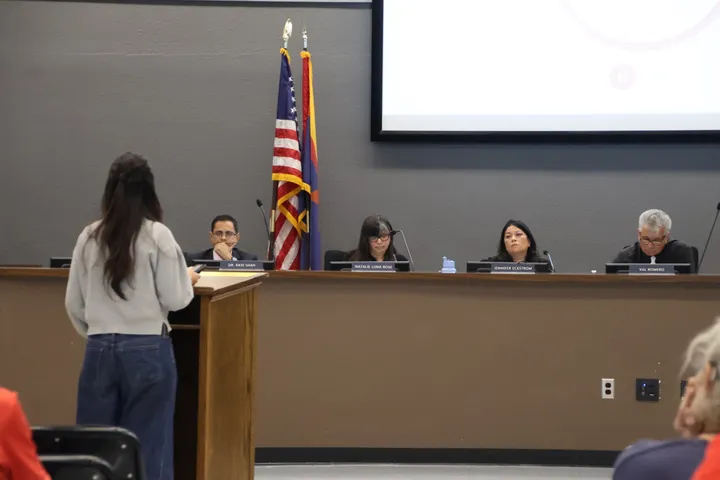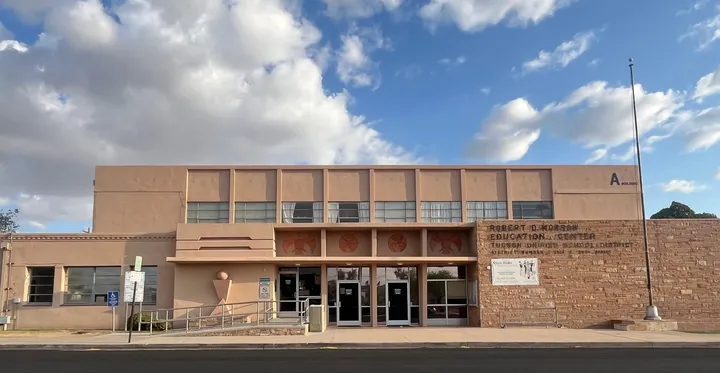UA faces privacy complaint over campus cameras
Deflock Tucson alleges the University of Arizona violated federal law by failing to disclose its use of Flock Safety surveillance cameras on campus.
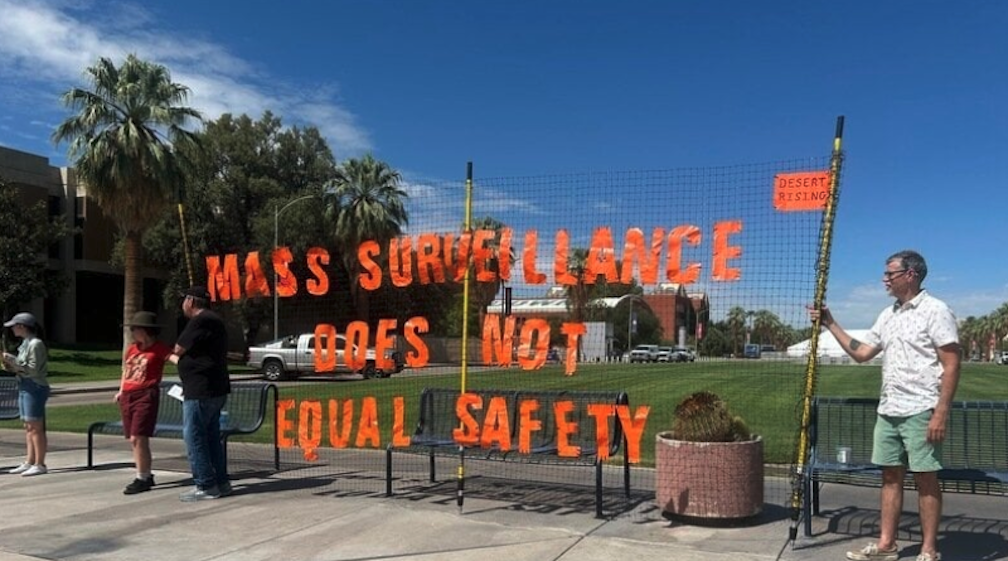
A Tucson-based watchdog group is accusing the University of Arizona of violating federal law over its use of automated license plate readers, escalating growing concerns about surveillance, privacy, and transparency on campus.
Deflock Tucson sent a letter on Oct. 25 accusing the university of violating the Clery Act by failing to disclose its use of 62 Flock Safety license plate readers and related data-sharing practices in its federally required Annual Security Report.
The group says the omission, along with undisclosed law enforcement data agreements, violates both federal reporting requirements and UA’s contract with Flock.
The letter demands the immediate suspension of all ALPR use until the university complies, warning that Deflock will file a complaint with the U.S. Department of Education if it does not act within 14 days.
University officials have said the data collected through the campus license plate readers is not being shared with any U.S. government agency.
Critics say the lack of transparency surrounding the license plate readers’ installation mirrors broader issues seen in projects like Amazon’s proposed Project Blue, fueling calls for stronger oversight and public accountability.
“We are in the age of big data and any data collection, storage, sharing, ownership, manipulation, utilization,” said UA Faculty Chair Leila Hudson, a professor of global studies. “There’s absolutely a matter of public concern. So you will have noticed, for example, the vigorous public reaction to Project Blue.”
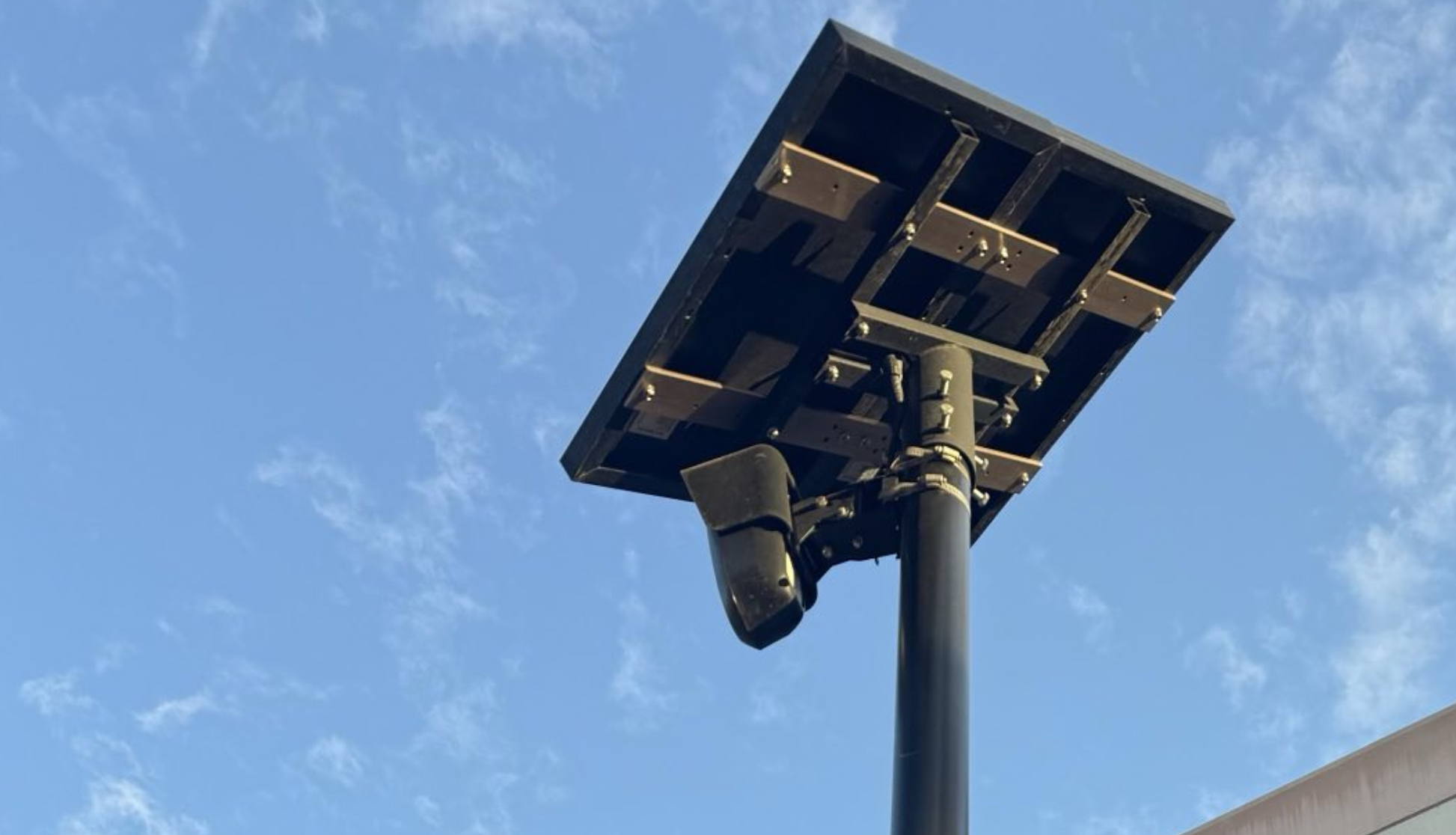
Pima County approved the sale of a parcel of land this summer for a proposed data center backed by Amazon Web Services, with the project sparking heated debate after revelations that it could use hundreds of millions of gallons of water annually, prompting protests and leading the city to unanimously reject its annexation.
Community groups expressed concern about the lack of transparency surrounding the project, with similar worries emerging in August when the nonpartisan activism group Desert Rising Tucson posted on social media about the discovery of more than 50 automated license plate readers on the UA campus through a partnership with Flock Safety, a surveillance technology company.
Earlier this year, Flock Safety, which has cameras in more than 4,000 communities nationwide, was quietly contracted to install data-capturing cameras across the campus with little public input or knowledge.
“Tell me about this contract. Tell me about how much we're paying for this service. Tell me how long this has been going on. Tell me and show me. So I can ascertain whether there are sufficient controls on the collection, storage, sharing, ownership, use,” Hudson said. “It may well be that we want to have an active discussion about how these decisions are made, how we protect people's privacy, and how we protect people's data.”
Practices like these have been previously criticized by the Institute for Justice and the American Civil Liberties Union for civil liberties abuses and privacy violations.
Concerns include data sharing with Customs and Border Protection, Immigration and Customs Enforcement, or other partisan, ideological or extremist groups.
In August, Flock announced that it paused “operations with federal agencies because of confusion and concern ... about the purpose of their investigations,” according to the Associated Press.
Flock CEO Garrett Langley said the company had put a hold on pilot programs with the Department of Homeland Security's Customs and Border Protection and Homeland Security Investigations after officials in several jurisdictions expressed concerns.
Privacy advocates, however, remain uneasy about how the data collected by automated license plate readers is stored, shared and used, particularly whether it could be accessed by other law enforcement agencies or misused for personal tracking.
“I've gotten alarmed and angry emails from faculty, when they learned about this system, you know, just shocked and wanting to know how they could opt out or how we could prevent this system, which seems to systematically sweep up data that people didn't even know was happening,” Hudson said.
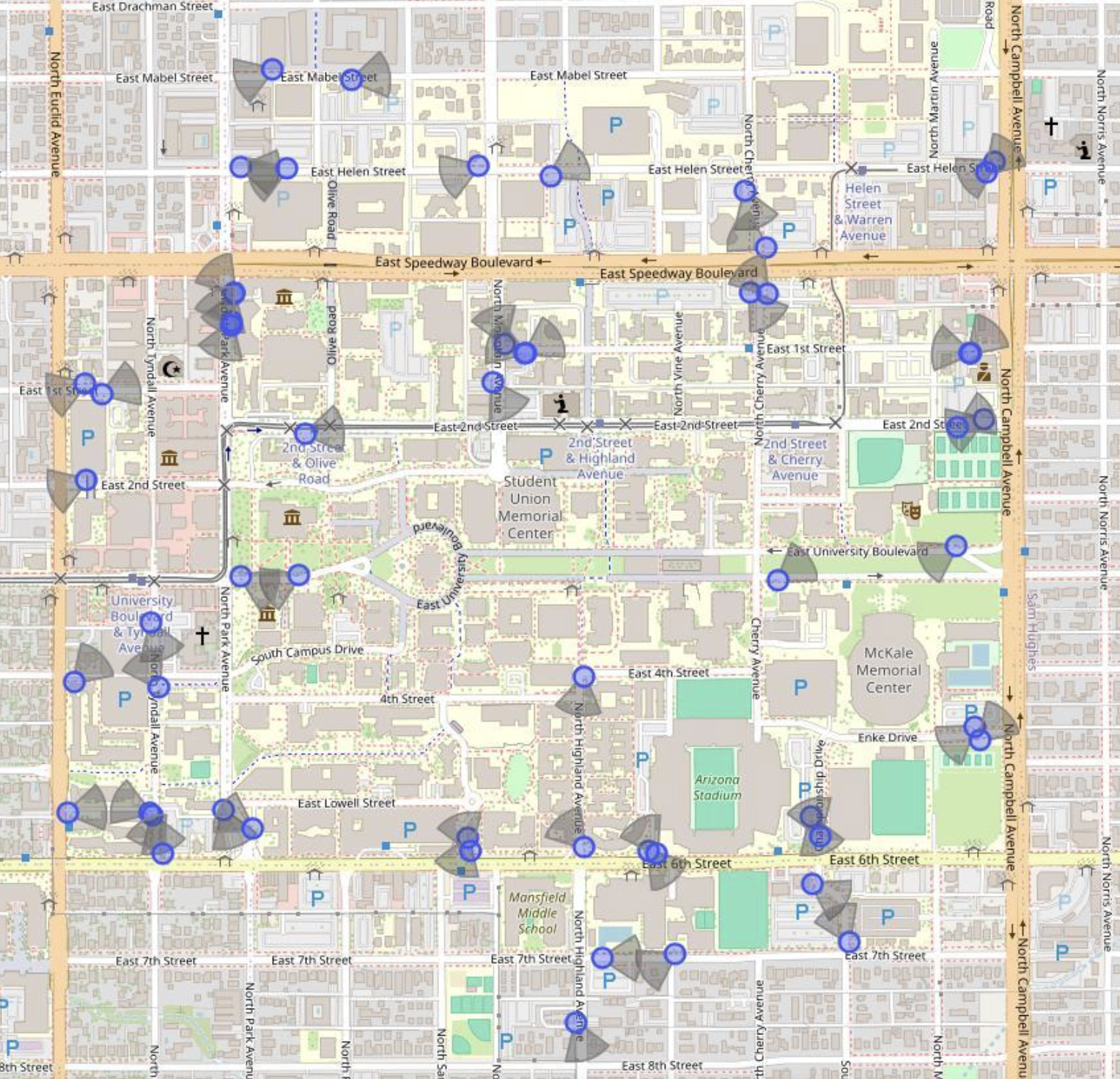
The Faculty Senate plans to form an ad hoc advisory committee to organize an investigation into the contract. The committee would review contract details and compile the information into a brief white paper on the university’s surveillance landscape. Hudson hopes to announce the committee’s formation next month.
“We want to make sure that we are using our financial resources in a responsible way that contributes to the academic mission,” Hudson said. “If something is increasing the public safety of everyone on campus, thereby enhancing the environment that we work and learn and teach and study and research in, then that's probably a good use of certain financial resources. But if it's not that, or if it's subject to abuse, that's certainly something that we want to look at.”
Desert Rising began a separate campaign, Deflock Tucson, to encourage the UA to discontinue its contract with Flock Safety and remove the license plate readers from campus.
“The bottom line is that we won’t know who is monitored and who has access to the data until we force the university to be transparent,” said Steven Davis, press liaison for Deflock Tucson. “Apparently, there are no legal constraints on the chief public safety officer as to what he can say about the system. Their silence is a strategy."
UAPD Policy 8.16, which went into effect Oct. 1, outlines misuses of the technology, which include “personal or unofficial investigations, general monitoring of the University community members without a safety or criminal nexus, general surveillance or monitoring unrelated to a public safety mission, or targeting individuals based on protected characteristics.”
A week later, public safety representatives addressed the growing concerns in a Wellness and Safety Forum.
“Let me be clear, the U of A is not sharing this information with any U.S. government agency,” said UA Chief Safety Officer Steve Patterson. “Now of course, if a U.S. government agency were to give us a court order, then that is different.”
Patterson said the UA is using the plate readers to identify registered sex offenders on campus, prevent vehicle theft and burglary, and catch incidents of hazing.
“Technology can be an effective tool, but it can also be abused,” he said. “That’s why we have established policies and procedures in place. We will continue to look at more technology, but tech alone cannot stop sexual assaults. Tech cannot stop hazing… It takes us all. It takes a whole community.”
Ruby Wray is a journalism and creative writing major at the University of Arizona and Tucson Spotlight intern. Contact her at rubywray@arizona.edu.
Tucson Spotlight is a community-based newsroom that provides paid opportunities for students and rising journalists in Southern Arizona. Please consider supporting our work with a tax-deductible donation.


